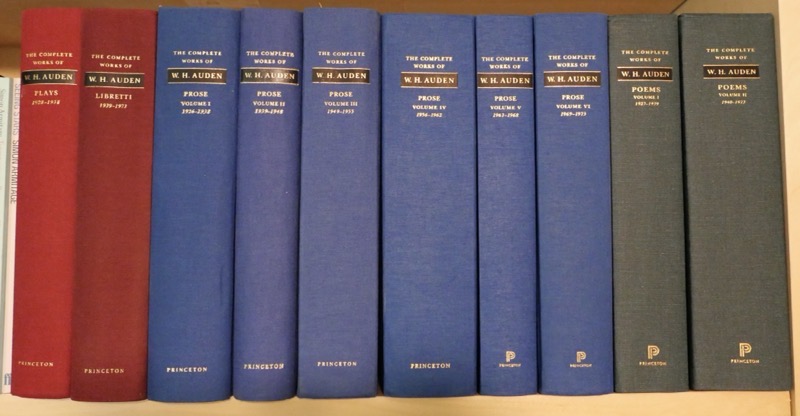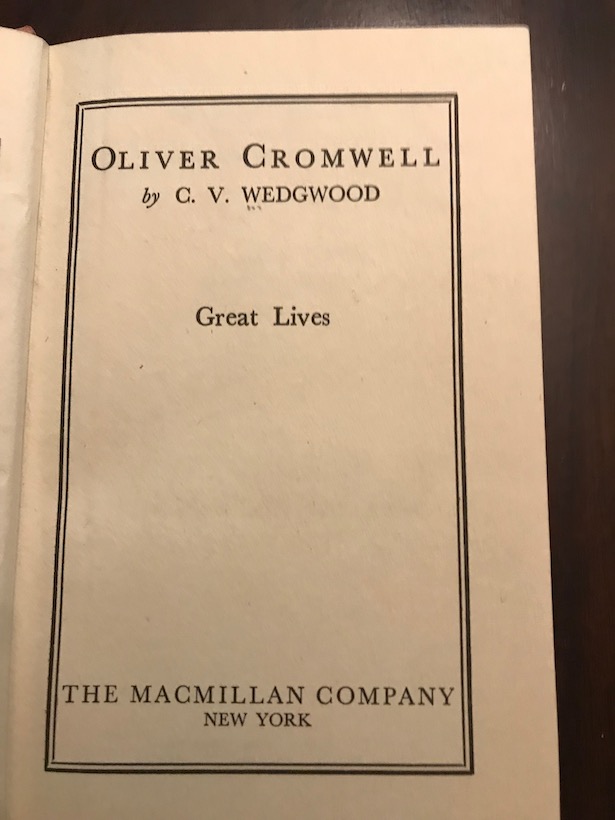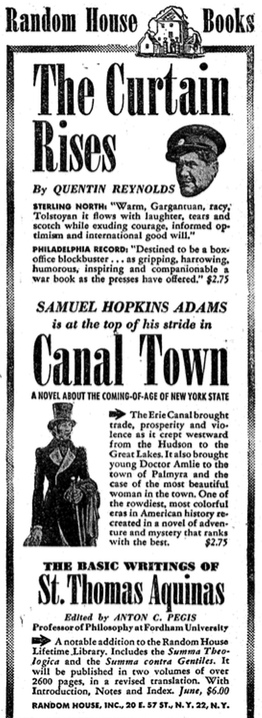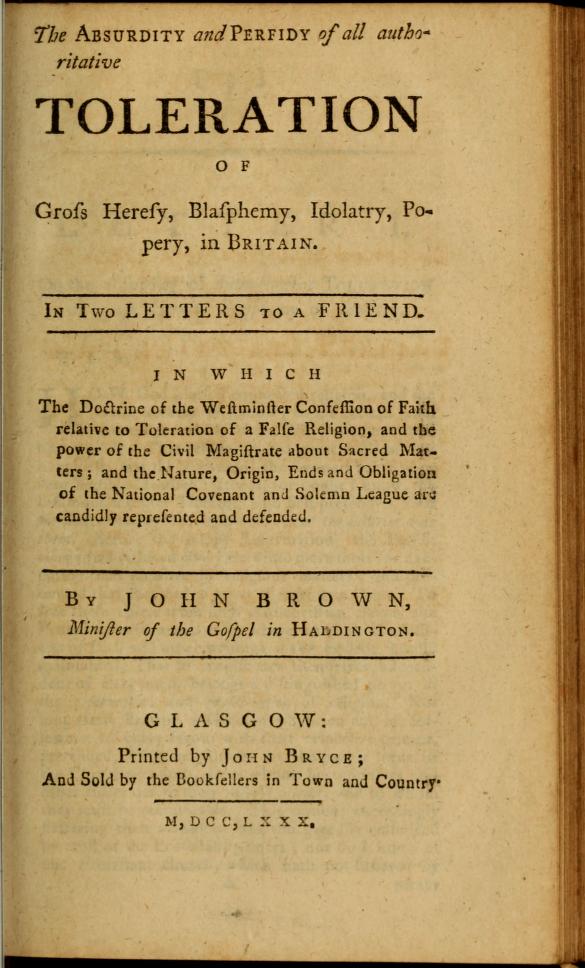danah boyd: “Over the last two years, I’ve been intentionally purchasing and reading books that are banned.” The problem here is that none, literally not one, of the books on the list boyd links to have been banned. Neither have they been “censored,” which is what the article linked to says. That’s why boyd can buy and read them: because they’ve been neither banned nor censored.
What has happened is this: Some parents want school libraries to remove from their shelves books that they (the parents) think are inappropriate for their children to read. You may think that such behavior is mean-spirited or otherwise misconceived — very often it is! — but has nothing to do with either banning or censorship.
But, of course, the American Library Association has been quite effective in redefining the words “banning” and “censorship” to include actions that are far less drastic — less drastic and not especially common: as Micah Mattix has documented here and here, there simply is no widespread movement to keep books off school library shelves.
In a sane world, the term “ban” would be reserved for books whose sale and circulation are illegal in some given place, and “censorship” would refer to the removal, by some legal or commercial authority, of certain portions of a text or film or recording. (I say “commercial” authority because sometimes companies that own the rights to works of art decide, without legal pressure, to delete some lyrics in a song or change certain words in a book.) But thanks to people who want to smear their RCOs, it is now common to use precisely the same words to describe (a) what the nation of Iran did to Salman Rushdie’s The Satanic Verses and (b) a polite letter from a parent to a school librarian asking that books that offer anatomically detailed descriptions of sexual practices not be readily available to third graders. Of course, many concerned parents are not polite, but polite letters on this topic still count, for the ALA, as a “challenge,” and the organization defines a challenge as an attempt at censorship or banning.
This failure to make elementary distinctions is neither politically nor intellectually healthy.
I sometimes wonder whether this kerfuffle isn’t something of a smokescreen, intended to distract our attention from more serious and troubling attempts at what George Orwell called “the prevention of literature” — for instance, removing books from sale altogether, pulping offensive books, or ensuring that they aren’t published at all. (In some cases that means that the authors aren’t published at all.) You can buy books that some parents have protested; you can’t buy books that, because of political pressure, have never seen the light of day. So you know what I’m craving today? A little perspective.









.jpg)




